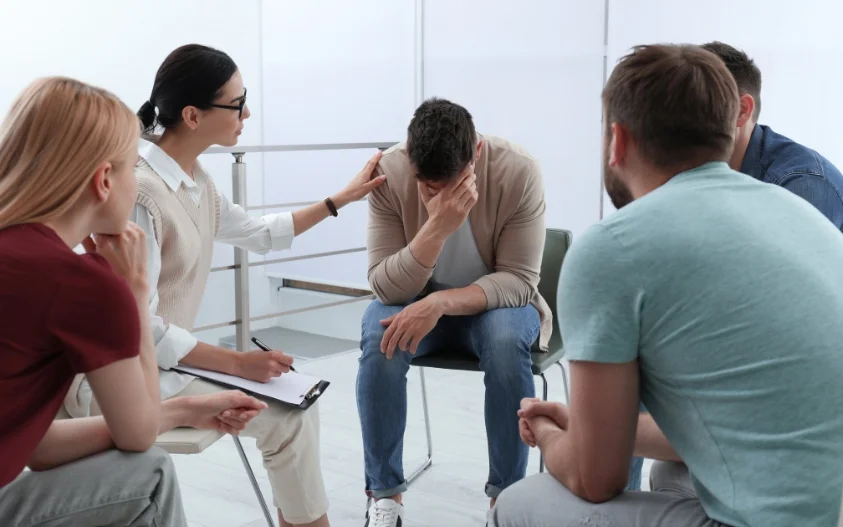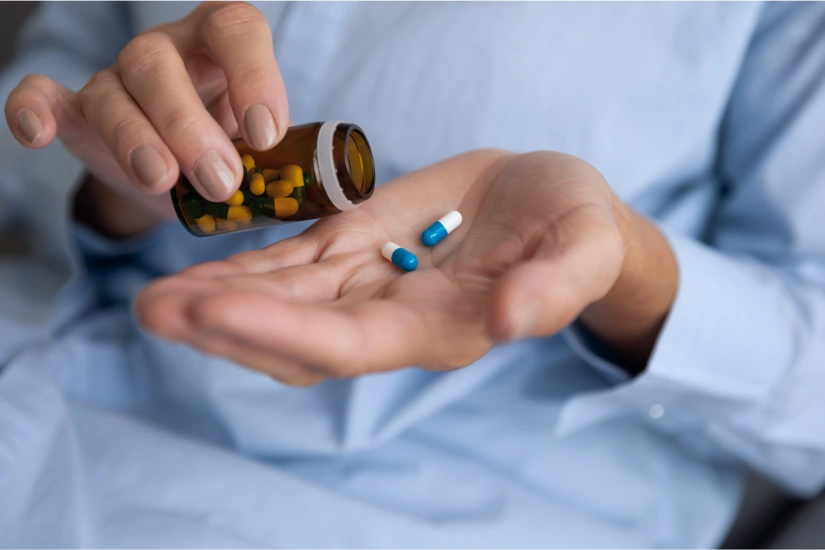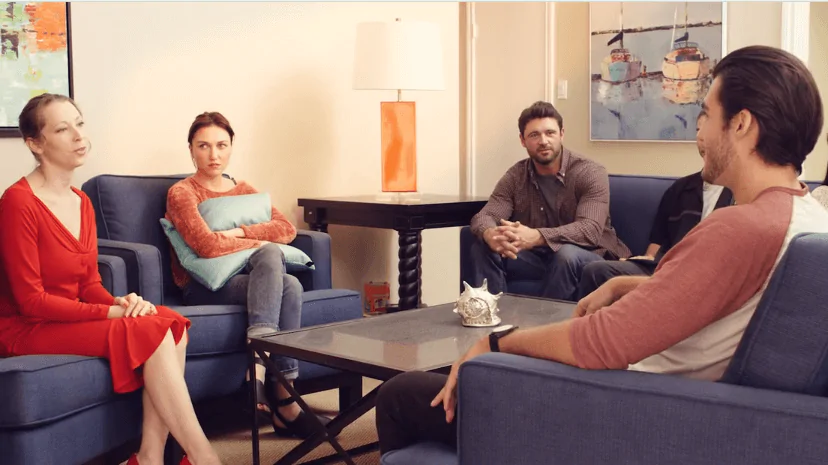24/7 Helpline:
(866) 899-111424/7 Helpline:
(866) 899-1114
Learn more about Inpatient Rehab centers in Prince George
Inpatient Rehab in Other Cities












Community Services Board – Prince George Counseling
Community Services Board - Prince George Counseling Services offers outpatient treatment for adults ...




Other Insurance Options

BlueShield

Kaiser Permanente

Carleon

PHCS Network

Sutter

State Farm

Oxford

Absolute Total Care

Self-pay options

Humana

Ceridian

UMR

BHS | Behavioral Health Systems

Evernorth

Health Choice

Highmark

UnitedHealth Group

GEHA

AllWell

Optima